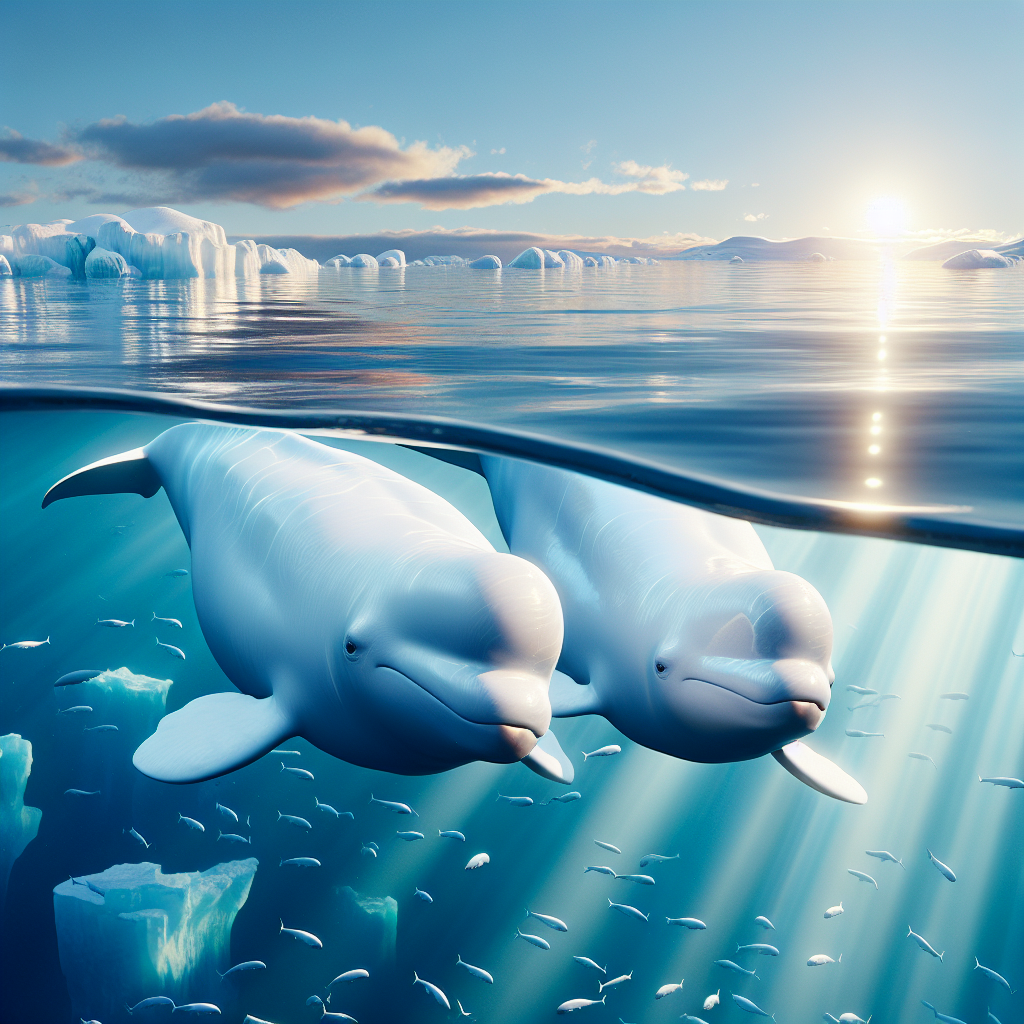Southern Right Whales: Sentinels of Climate Change in the Southern Ocean
Southern right whales are key indicators of environmental change, revealing the impacts of climate change in the Southern Ocean. Their reproductive slowdown and migration shifts highlight disruptions in food supply and the global importance of protecting marine ecosystems as climate sentinels.

- Country:
- South Africa
In a revealing study, researchers have identified southern right whales as crucial indicators of environmental shifts in the Southern Ocean. These majestic creatures, which gather in South Africa's Hermanus each spring, are displaying notable changes in their reproductive cycles, a clear signal of climatic disruptions.
Scientists are particularly concerned as calving intervals have extended from three to four or five years, pointing to a scarcity of food resources in their Antarctic feeding grounds. This is attributed to a retreat in sea ice and altered ocean conditions, disrupting the availability of their favored prey, the Antarctic krill.
Such findings underscore the urgency of monitoring these whale populations. Their condition reflects broader climatic changes affecting global weather, fisheries, and biodiversity. As oceanic sentinels, these whales bring attention to the need for protecting marine environments for the future health of the planet.
ALSO READ
-
ILO Warns Climate Change Is Transforming Jobs Across Arab States, Calls for Green Transition
-
Australia on Alert: Potential H5 Bird Flu in Southern Ocean
-
Manipur Governor graces valedictory session of Indian Himalayan Region Climate Change Conclave
-
Global Citizens Demand Action: Climate Change and Inequality in Focus
-
World Bank Directors Defy U.S. to Tackle Climate Change









